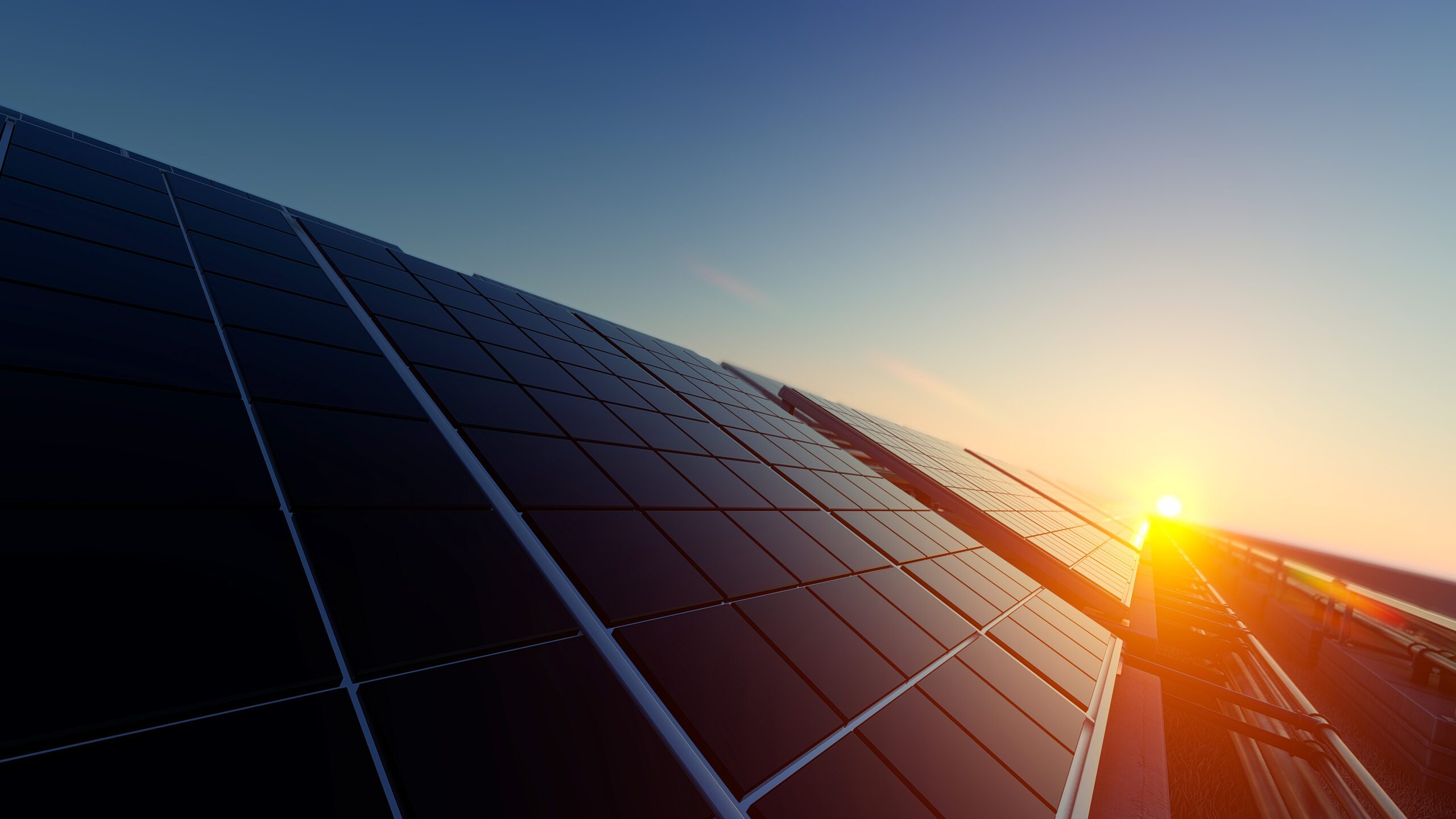Run Your Home on Solar Energy
There has never been a better time to implement solar energy. Save up to tens of thousands per year on rising electricity costs by running more of your business on clean energy. And, as the government introduces more CO2 emissions policies to combat climate change, regional utilities are offering companies huge installation incentives to go green, along with cashback for sharing solar with the grid.
Meet the growing consumer and investor demand for greener business initiatives with a solution that keeps costs low and supports healthier communities.

What Is Solar Energy?
Solar energy is a modern approach to powering your home that uses the sun’s rays through modern technology, such as solar panels, providing reliable sources of heat and electricity for you and your family. Using renewable and sustainable energy, our panels allow customers to power their residential properties without harming the environment.
How Does Solar Energy Work?
Solar energy operates through photovoltaic technology, where sunlight’s photons energize electrons in solar panels made of semiconducting materials such as silicon. This causes the electrons to flow, generating a direct current (DC) of electricity. Inverters then convert this DC into alternating current (AC), suitable for powering homes and businesses. The process is environmentally friendly and doesn’t involve emissions, taking advantage of an abundant and renewable resource. Solar energy solutions help to reduce reliance on non-renewable fossil fuels and curb carbon emissions.
Advantages of Solar Energy
Solar energy and panels offer a variety of environmental and financial benefits for customers looking to limit their carbon footprint and save each month effortlessly with solar panel installation services from Clark Energies. Solar energy advantages include:
Low Operating and Maintenance Costs
Solar panels from our seasoned electric company provide homeowners with decreased monthly expenses and limited repairs or maintenance, making the switch to solar energy easier than ever before.
Hedge Pricing Volatility
Protect energy retailers from energy price peaks by facilitating access to stored energy and interruptible loads through automatically discharging energy or removing demand to reduce costs during peak price hours.
Independent and Reliable Energy Sources
During any emergency, rely on solar energy and avoid outages and difficulties accessing electricity through the grid for the safety of you and your family.
Environmentally-Friendly Resources
Make an investment in the protection of the planet and natural resources by implementing solar panels and clean energy for you and your household effortlessly with the assistance of our industry professionals.
How Much Energy Does a Solar Panel Produce?
The amount of energy a solar panel produces depends on various factors, including its size, efficiency, location, orientation, and the amount of sunlight it receives. On average, a standard residential solar panel with a capacity of around 300 watts can generate approximately 300 to 600 kilowatt-hours (kWh) of electricity per year in areas with moderate sunlight. Each solar panel is different, and the location of your home plays an important role in the efficiency of your panels.
How Does a Home Solar System Work?
A home solar system is made up of components that all work together to convert the power of sunlight into usable energy for your lights, appliances, and devices.
Solar Panels
Solar panels are made of photovoltaic cells (solar panels) that convert sunlight to direct current electricity (DC electricity). As long as the sun’s rays are making contact with your roof, your panels are converting solar radiation into DC electricity. Even when it’s cloudy, you can still expect your panels to produce the majority of their normal output. But your electricity isn’t ready just yet. You’ll need an inverter to get the kind of power you need to turn the lights on.
Inverter
The inverter takes the DC electricity produced by your solar panels and turns it into alternating current electricity (AC electricity). It’s typically installed on an exterior wall of your house or in the garage.
Main Electric Service Panel
Solar electricity from your inverter flows to the electrical panel and then into your home, where it powers your lights and appliances. If your panels generate more solar energy than you use, the excess power will flow to the utility grid. Even better? You might even earn energy credits from your local utility for the power you send.
Utility Meter
When your system produces more than you need, the excess energy is sold back to your utility and credited to your monthly electric bill. When you need more energy than your solar system can produce, your home will automatically pull the energy from your utility. Your utility meter measures how much energy comes from and goes to the grid.
Grid Services
Get paid for bringing our energy to the grid
Learn more
